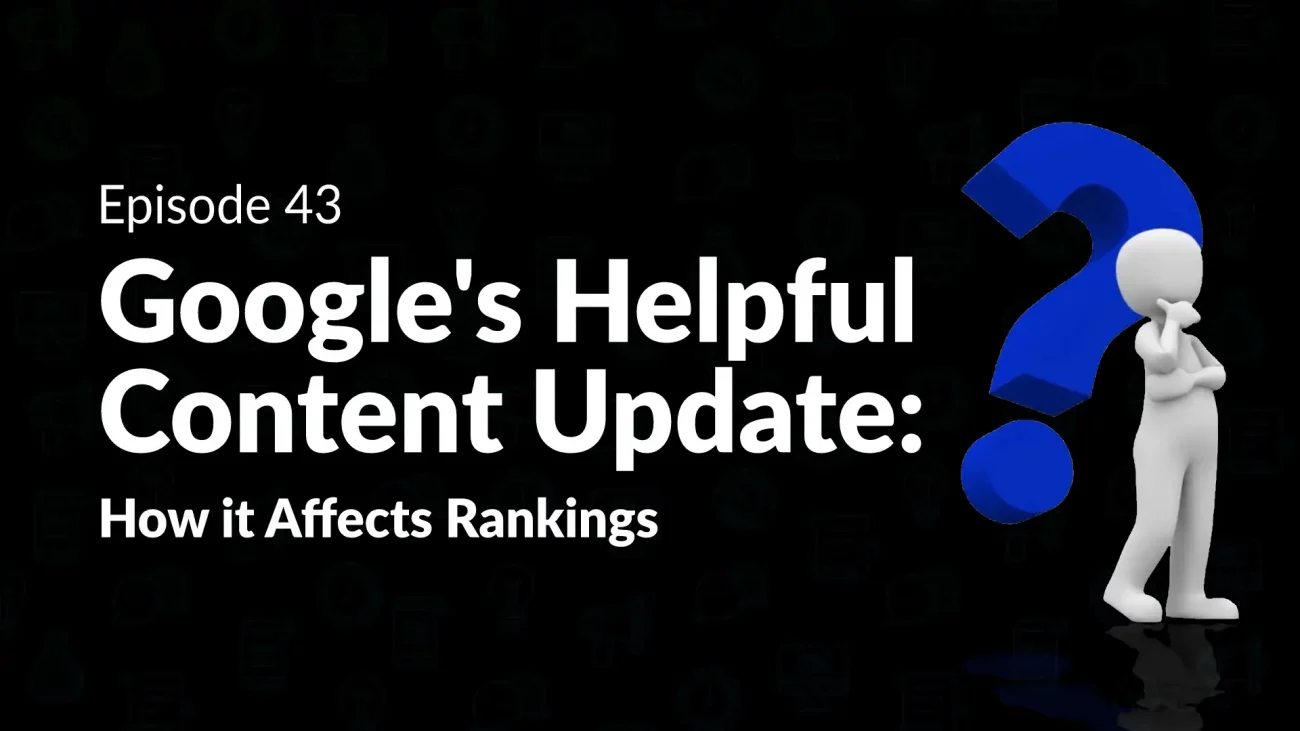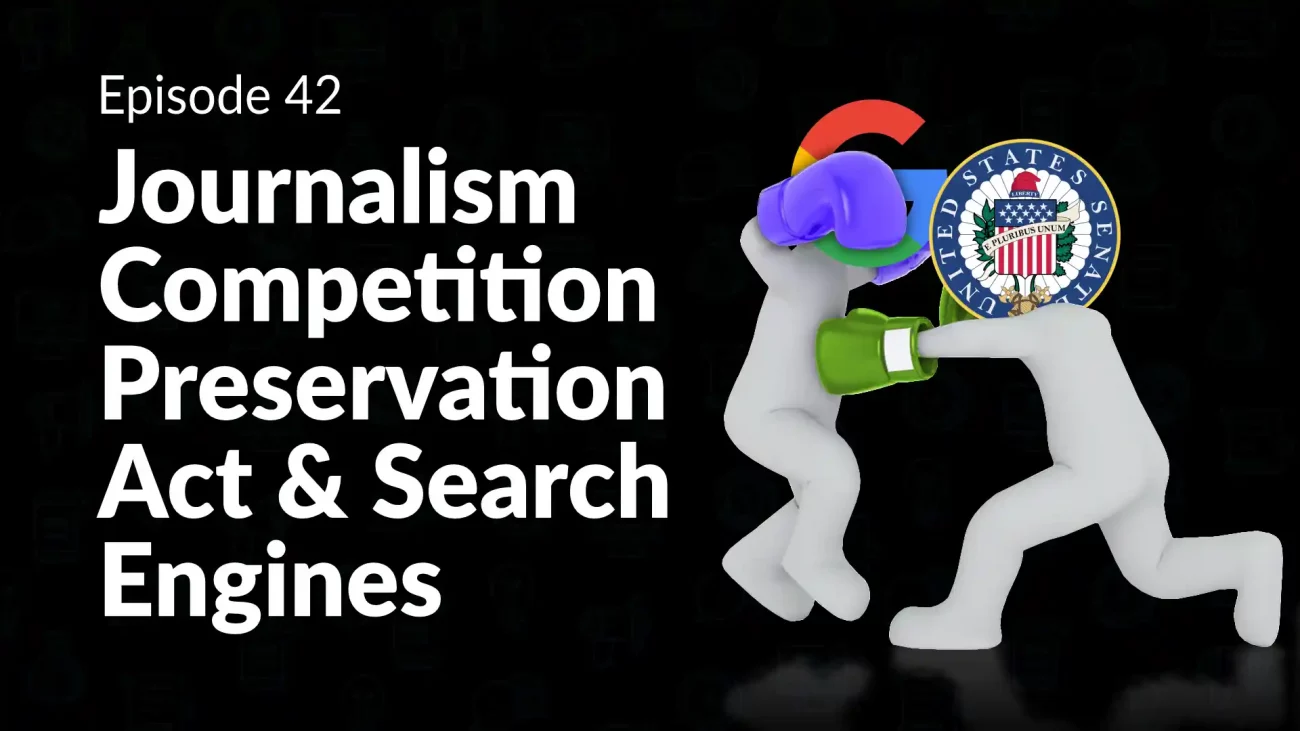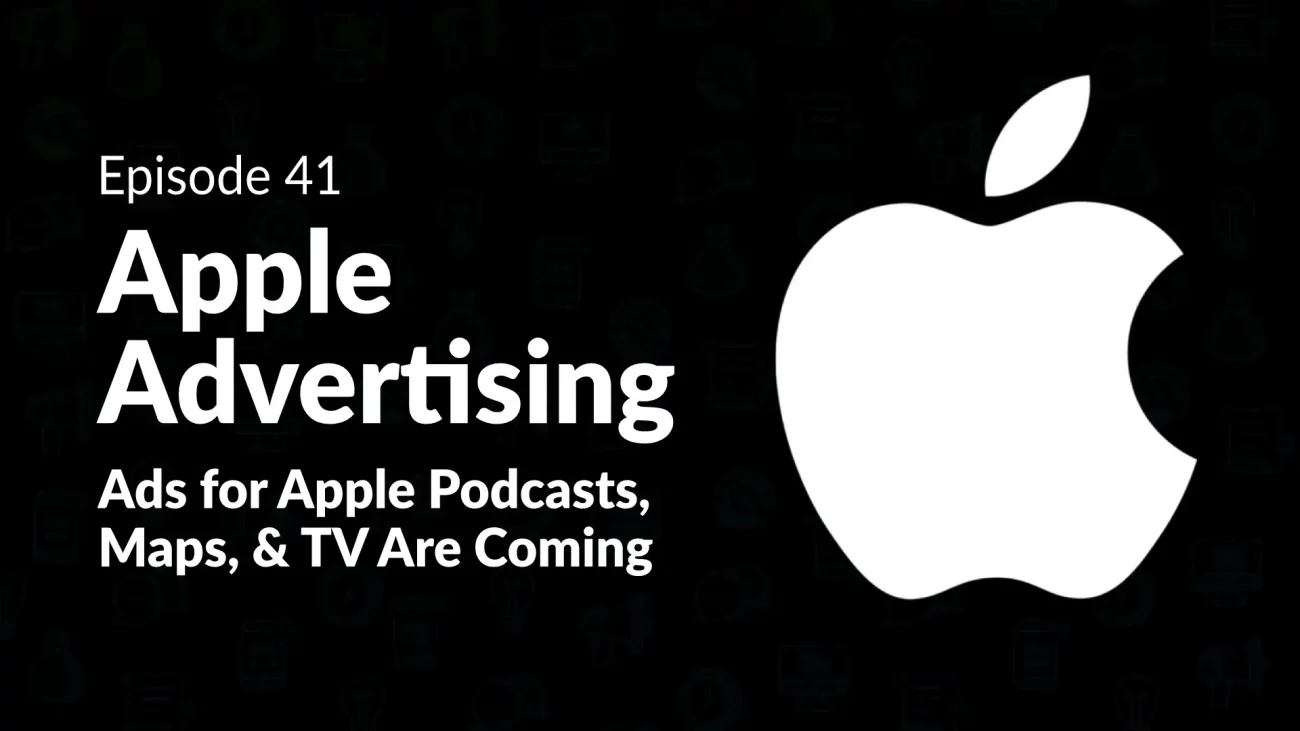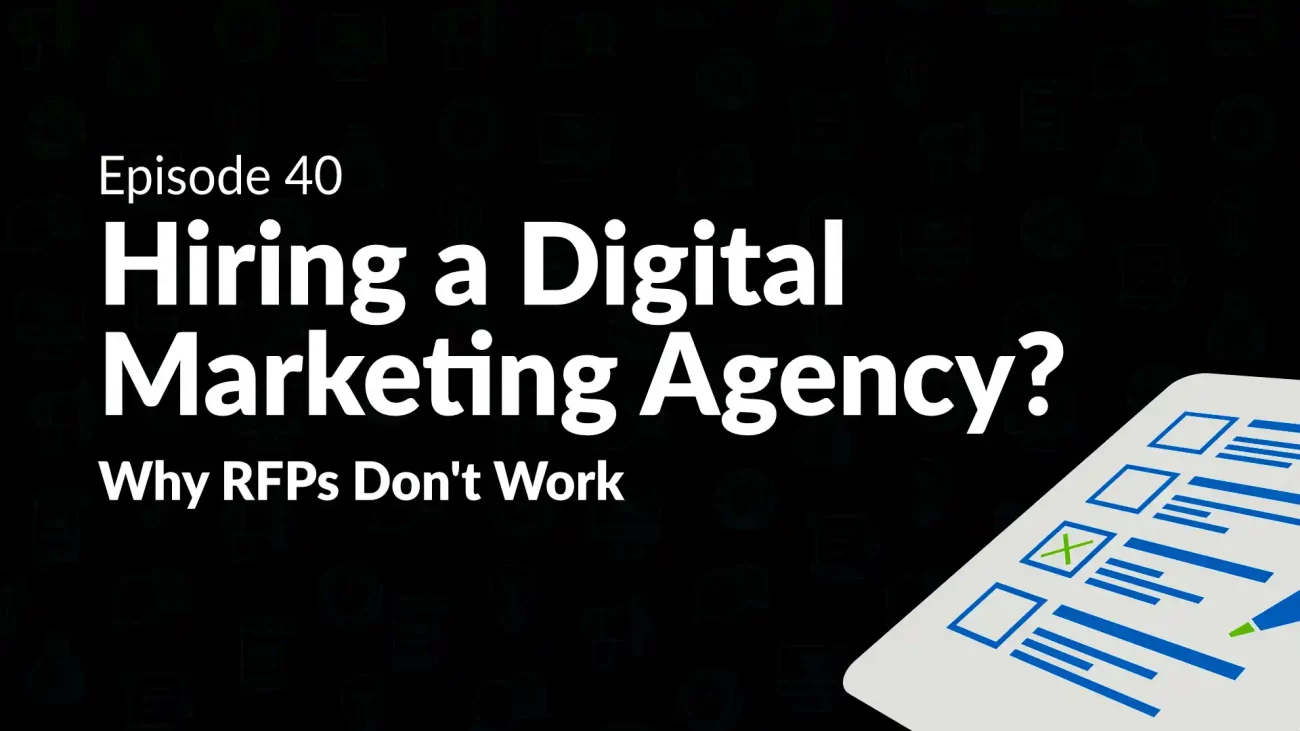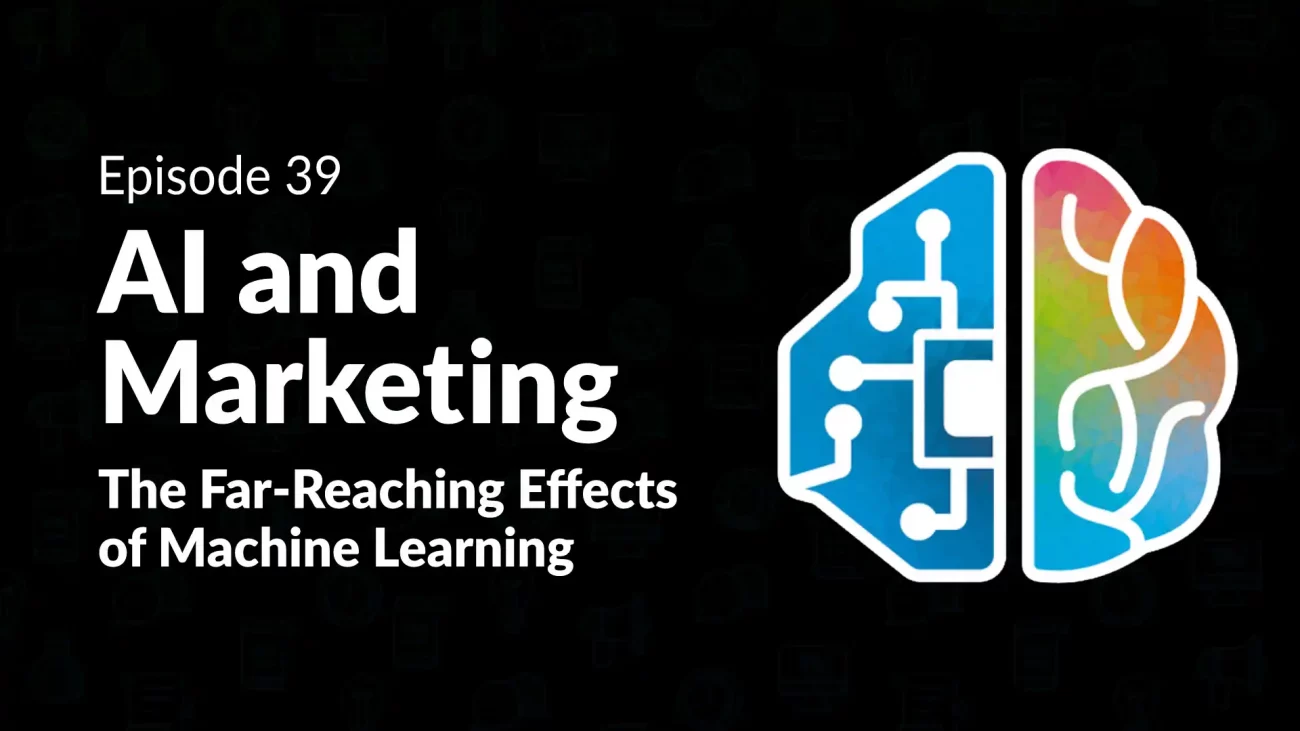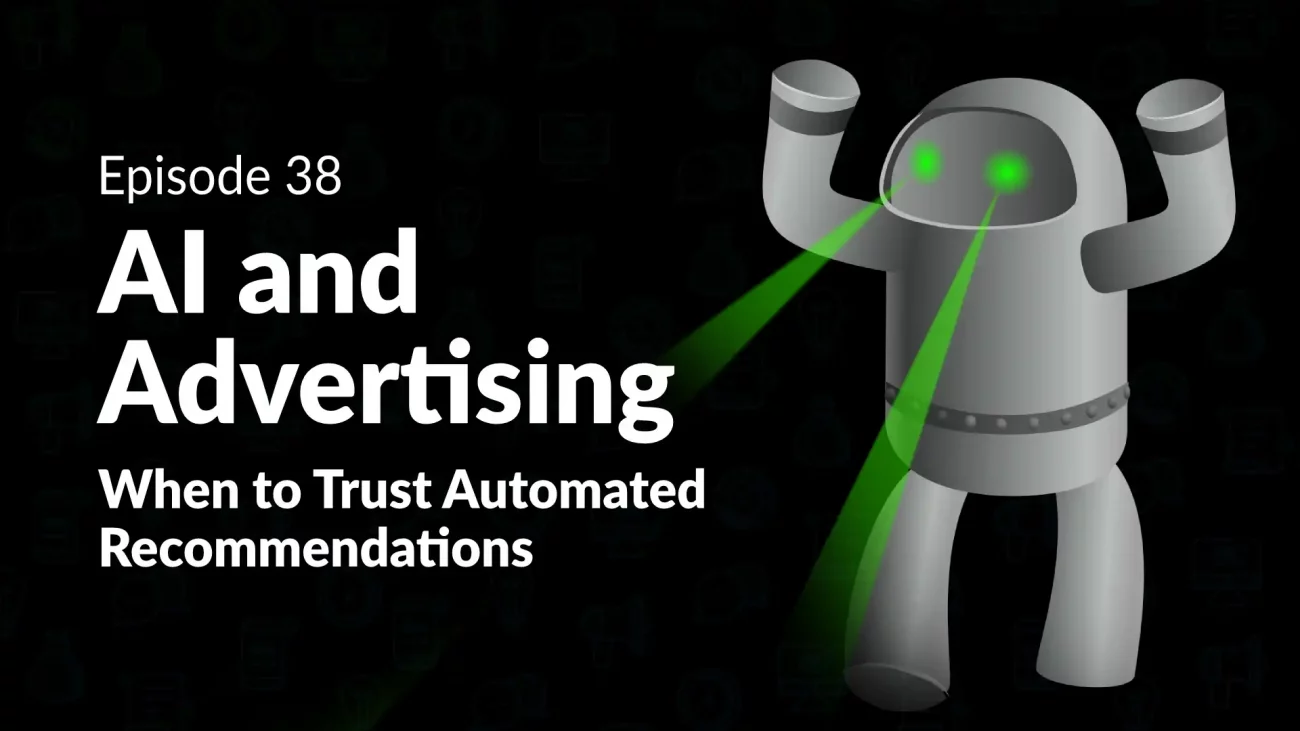Episode 9: Google Expanded Search Ads Going Away in 2022?
Hans and Devin describe Google’s upcoming changes to their search ads and help listeners prepare for the shift to responsive advertising.
Transcription:
Devin:
You’re listening to Digital Marketing Mondays. Each week, we bring you new and exciting content from around the marketing industry and help give you, the marketer, insights into what’s happening. We’ll offer our advice and share some takeaways to help you develop better strategies for your marketing. Ideally, this will also help you improve your ROI as well. So with that, let’s tune into this week’s episode.
All right, Hans, what dow we have this week?
Hans:
I don’t know if you’ve noticed, Devin, but we’ve gotten a couple notifications in some of the Google Ads accounts that we’re managing for our clients. Notification from Google saying that, as of, I think it’s June 2022, there will no longer be expanded text ads. And I was wondering if you’ve seen that and what your reaction to that announcement might be.
Devin:
Frustration is my reaction. It’s not very exciting and I’m not very fired up about this change.
Hans:
Really? Okay, why don’t you tell us what expanded text ads are, really briefly, just to make sure everybody’s on the same page. And then, why does this announcement trouble you?
Devin:
Yeah. I think the evolution of search ads for Google, in particular, has… It’s continuously evolved over time based on data. Most recently, if you were running Google Ads, you had two options for creating search ads mostly. They are expanded search ads or they are called responsive ads. Expanded search ads are, by this day and age, they are three headlines and two description lines that you add, and you are literally writing the copy for those; headline one, headline two and headline three. The third headline may not always show up, it just depends on the context of the search.
But as an advertiser, you define what those three headlines are, those two description. And then, generally, they’re going to show exactly as they are placed.
Hans:
Okay, so you get to control really-
Devin:
A couple years-
Hans:
Sorry to interrupt, but you get to control what the ad says, essentially, right?
Devin:
Yeah. Soup to nuts, you control what the ad say down to the order that it’s in, specifically. You’re in full control as an advertiser.
Hans:
Okay, so that’s expanded search ads today?
Devin:
Mm-hmm (affirmative).
Hans:
Okay.
Devin:
And then a couple years ago, they released what are called responsive search ads.
Hans:
Okay.
Devin:
Which that is, basically, an automated… To some extent, it’s a semi-automated search ad, because you feed it up to 10 headlines. You feed it up to five description lines. And then Google, in their infinite AI wisdom, then chose the headlines, and rearrange, and sort things that will most likely result in a click through rate. The CTRs is the primary metric that they’re looking at in terms of performance. They will automatically shuffle the headlines, shuffle the description lines, and try to serve up the best option for the searcher at that moment in time, in real time.
Sounds interesting in theory. Generally, we have been seeing the responsive search ads will get a slightly higher CTR, but I think that’s also because Google prioritizes responsive search ads, so it’s not quite a fair fight. But those are generally the two different types of ads that they have.
Hans:
Now, do you have the ability, in the responsive ads, to create multiple versions and it rotates? I guess it gets complicated because you get multiple versions from one version, so to speak, if you create one set of headlines and description. Whereas, do you get to create multiple sets, and then they rotate in multiple sets in and out, and you can see which combination works the best, or what? Because one of the real benefits in Google Ads has always been that you get to experiment and try different ad copy combinations. And through your click through rate and your conversion rate, you can see which one really produces the best data. But is that ability gone, or going to be gone?
Devin:
Yeah, as of the time of this recording, September of 2021, you currently only really get some very high level metrics, in terms of what ads are producing the best. If you were to actually go into Google Ads, go to, I think it’s, view asset details with the responsive search ad, it’ll show you by impressions how many ads are being seen and what the combinations of the headlines and the descriptions are, but that’s it. You’re really not getting a ton of data about which ad is producing the higher number of conversions. And, of course, you know Google has laid on their infinitely smart AI that then suggests which headlines are producing better, which headlines could be improved versus not. There’s a lot of variables involved there. But, at the end of the day, I think I’m concerned about this change.
Hans:
Yeah. I mean, we’ve seen this progress over the years, where Google had essentially removed direct control from the advertiser in a variety of ways. Taking away, for example, the search term report so you can see what people are typing in clearly, and how well that’s doing, and you can go, “Geez, I need a negative keyword here.” That’s gone. They’re taking away a lot of the manual controls, moving us more and more toward automation. When we compare a Google Ads account, where someone is doing everything manually versus turning over the automation and letting Google run the show. What kind of results are we seeing by those two instances?
Devin:
It’s a bit of a mixed bag. I mean, at the end of the day, what makes it interesting, or what still keeps agencies, like us, around is the fact that even if you are using automated strategies, or automated ads, whatever it happens to be, you still need somebody to effectively manage it and make sure that it’s getting the best results. Because unless you’re truly running a Google Ads Express account that’s fully automated, just punch in your debit card number, and it’ll do the rest, you still need to be choosing what bid strategies to use, running different tests against them. That said, I think the max conversion bid strategy has gotten wildly good recently, especially if you do have adequate conversion tracking set up. But tying it back to the ads conversation, I think the expanded text ads versus responsive ads. Responsive ads, we do see slightly better click through rates from those, then we do from the expanded text ads.
But, frankly, it just depends on the quality of the actual expanded text ad that’s written. If there’s substantial difference from the responsive ads, then it may not be a fair fight.
Hans:
Yeah. Well, I guess we’ll have to see how this plays out. Obviously, Google has changed course after making announcements. If those announcements were wildly unpopular in the past, they some times change course. I do wish they’d bring back the search term report, frankly, but that’s seems to be lost in the horizon.
Devin:
Yeah. But like everything, I think marketers are smart. We like to hack things, or work around things. And so, a quick tip for anybody that is still in love with expanded text ads and wants to continue using those after June, keep in mind, this is data and information based on at the time of this recording, so September of 2021. But in responsive search ads, you actually have the options to pin headlines and description lines. So if you are really adamant about making sure that you keep some level of control, the assumption is that by June 30th of 2022, you will still have the ability to create responsive ads and just pin headline one, headline two, headline three, description line, description line two, and then just run those as “responsive ads” but they’re behaving like expanded text ads because you’ve exactly pinned the headlines and the descriptions in place.
Hans:
I got you.
Devin:
So a quick hack for anybody who may still want to go down that rabbit hole, or down that road, after June of 2022.
Hans:
Assuming that still works, right?
Devin:
Assuming that it still works, yeah. Google may very well just pull out the rug from us by then, so we’ll see.
Hans:
Okay. Well, this has been good. I think, if I recall correctly, I think at one point Google was going to go to, pretty much, the express model and get rid of the whole manual system entirely, but there was such a backlash they backed off on that. My recollection on that is a little bit fuzzy, but I seem to recall that it might have been, at least, not just a strong rumor, but an indication that was going to happen. This doesn’t sound quite as severe a problem, especially if there’s a work around hack, as you pointed out, so thanks for sharing that. All right, well, I think we’ve got a wrapped up story here. Thanks. Stay tuned, if anything changes, we will let you know.
Devin:
Sounds good, Hans. Thanks.
Hans:
All right, thanks, Devin. See you.
Devin:
Thank you so much for tuning in. We really appreciate you taking the time out of your busy day to engage with our content. Whether you’re watching on YouTube, or subscribed on our podcast apps, we appreciate you taking the time. Make sure to leave a comment down below, and let us know any feedback that you have for us. We’re always watching the comments and engaging in any way that we can. So if you find this content useful, also make sure to subscribe or give it a big thumbs up. We appreciate it. Thanks so much.




